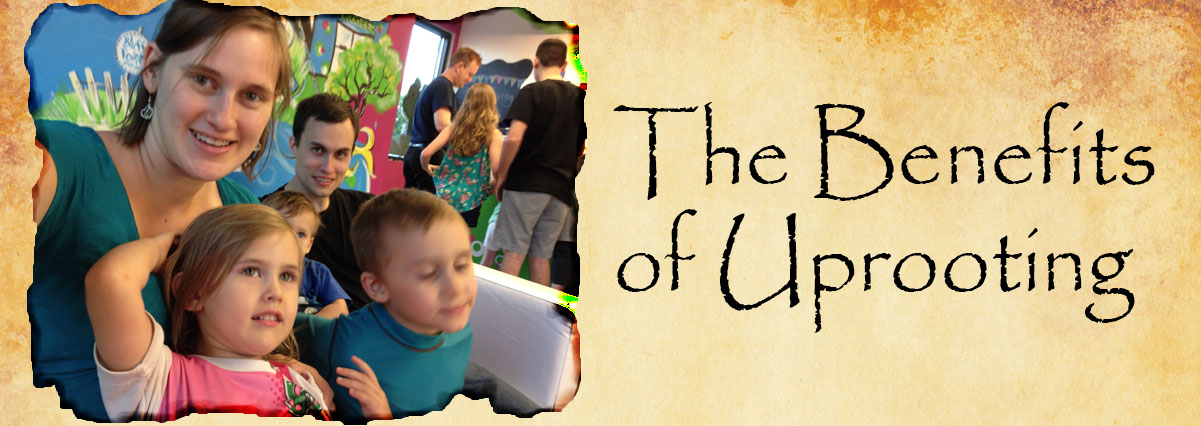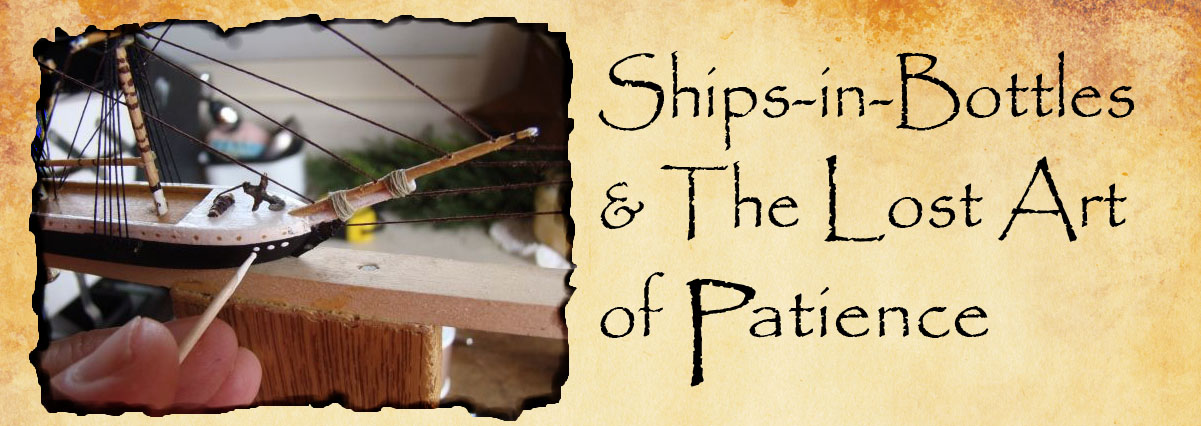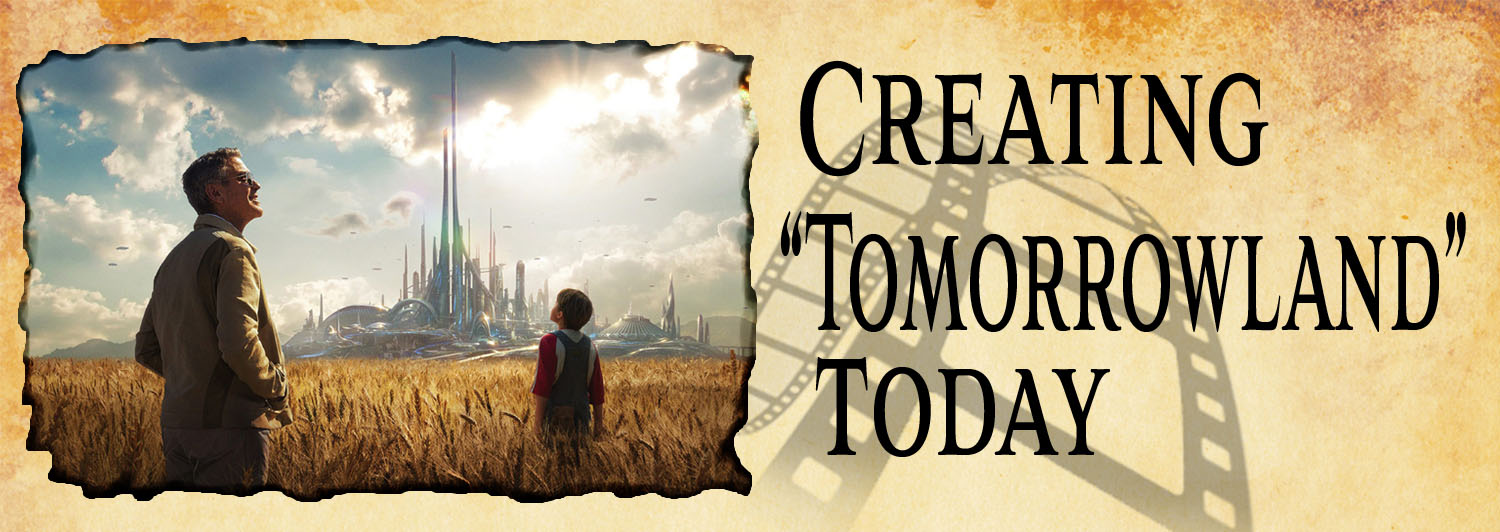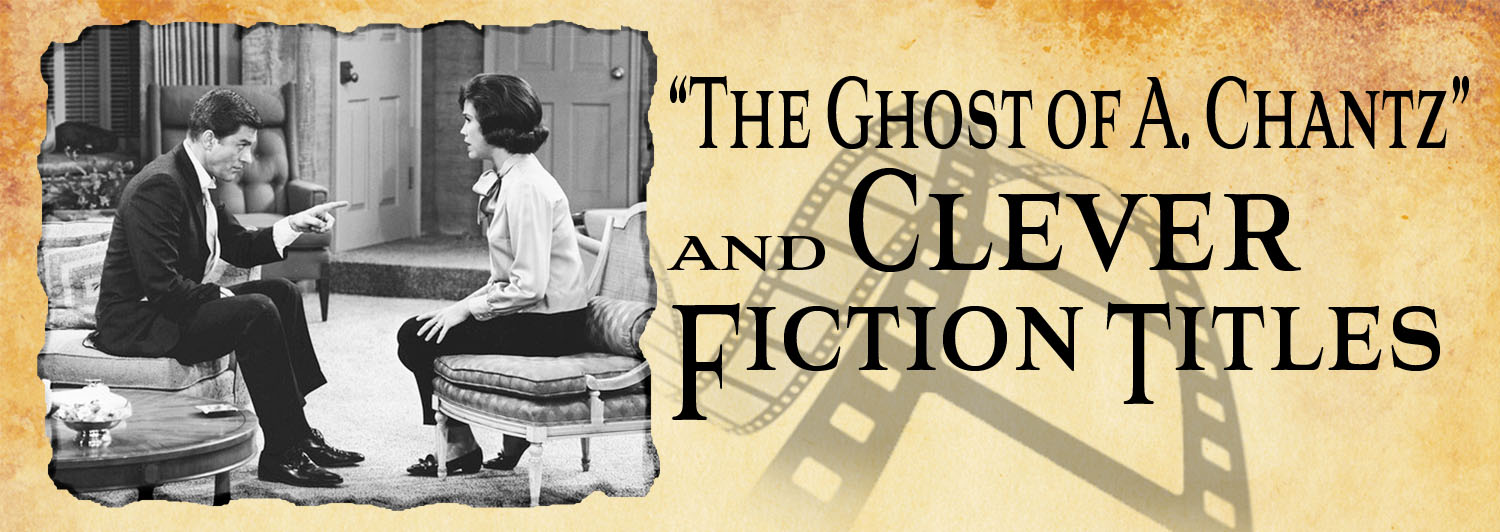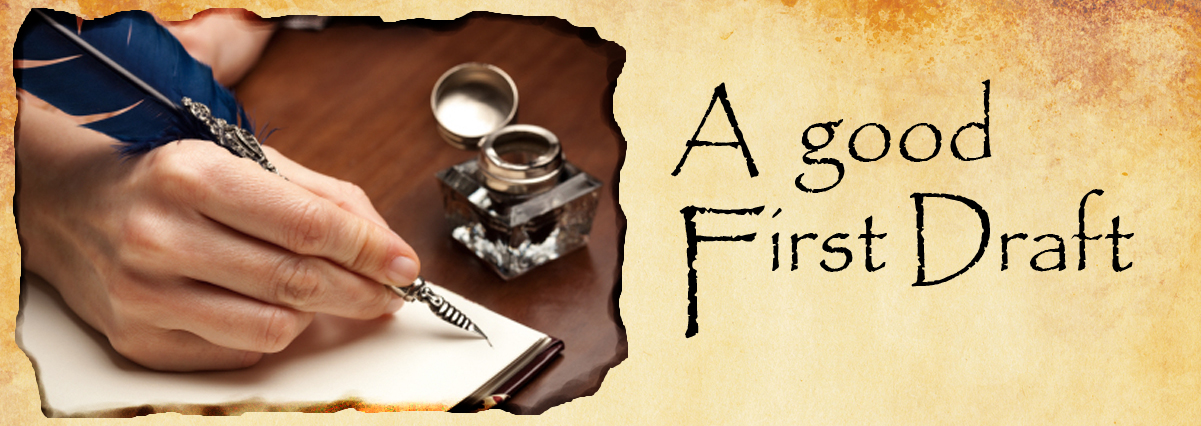The Benefits of Uprooting
Gardening was not my favorite thing when I was growing up, though my mom doggedly persisted in making my siblings and I a large part of it. She was great at teaching us to discipline our time for worthwhile pursuits. One thing about gardening that stuck in my memory: If the conditions for a plant in one location were not ideal, you uproot it to give it its best chance at a healthy life.
Are you willing to give up everything in order to achieve your God-given dreams? Or have you become comfortable, unwilling to uproot even though change may lead to greater things later on? Change is hard but necessary to success.
Being now in the process of uprooting my family from Connecticut to South Carolina, we are somewhat like those plants. Our roots are deep here. Family and friends, places we frequent, connections we’ve made. We grew up in this state. But my wife and I both feel strongly that God wants us to relocate our family into the south. A more conservative environment to raise our family, greater opportunity to connect with active Christian churches, a lower cost of living, and a more centralized geographical location.
Uprooting is hard, and this came about very swiftly. We’ve been planning it for years really, yet nothing is easy about this. I am encouraged in this because the best times are when we step out in faith.
God has always opened the right doors, and slammed shut the others. He has opened every door in its proper time for this event to take place in our lives.
Beside my sadness He fills me with peace
Beside my uncertainty He provides the keys
In place of my fear He builds a mountain of dreams
Before my feet He makes the path a highway.
To grow beyond the present circumstance change is necessary, and I firmly believe that without transplanting God cannot fulfil His dream for us. Providing for my family in a manner that allows me to bless the kids with my experience and be hands-on with their education is something I work on and long to fully explore. To do this my writing and publishing business must grow and in South Carolina is where we are going to grow those roots.
Let nothing stand between you and your dreams. Recognize that staying inside your comfort zone limits you. You must grow, you must strive to achieve, you must listen the voice that speaks to your soul. The heart is deceitful and easily drawn back to the comfort zone, so guide your heart with your God-given dreams.
Q: Are you willing to leave behind everything to accomplish everything?
